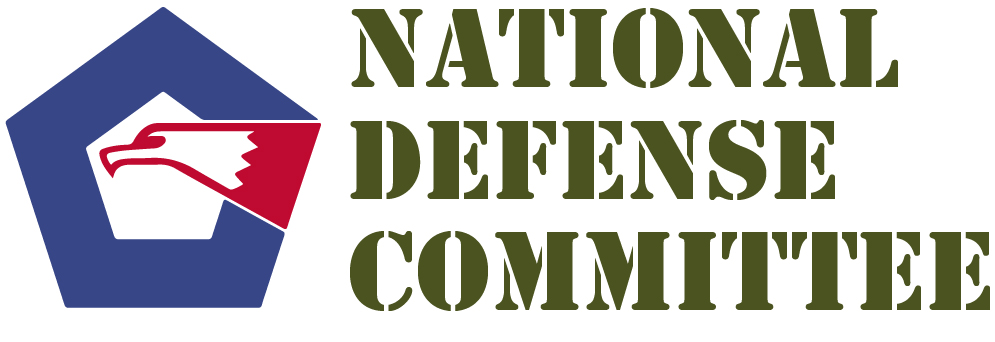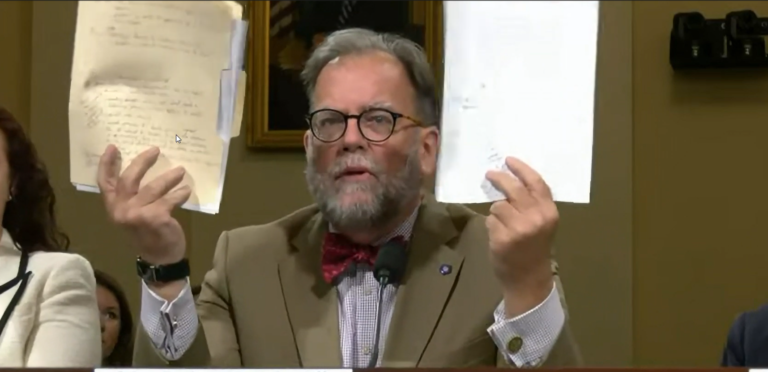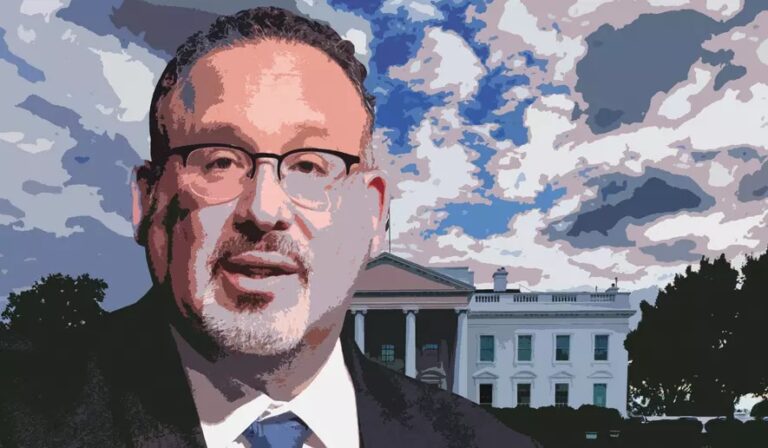NDC Executive Director Serves on Ed. Dept. Negotiated Rulemaking
This week National Defense Committee Executive Director Bob Carey served as an alternate military and veteran student community negotiator on the Department of Education’s “Reimagining and Improve Student Education” (RISE) negotiated rulemaking committee.
The committee was convened to consider how to implement changes to the federal student loan systemrequired by the One Big Beautiful Bill Act ( Public Law 119–21), signed into law in July. A second negotiated rulemaking—Accountability in Higher Education and Access through Demand-driven Workforce Pell (AHEAD)—will meet in December and January to consider non-loan regulatory reforms, including changes to the 90/10, Financial Transparency, and Gainful Employment Rules.
Defining “professional degrees,” which qualify for higher federal loan limits, was a primary focus of the RISE Committee. While the underlying legislative language specifically states that the list of what defines a “professional degree” is “not an exhaustive list” agreement on how to define these degrees still eludes consensus, and will likely be pushed to the second week of the Committee, currently schedule.
Captain Carey supported expanding the professional degrees list to include programs that are vital to military readiness and veteran medical care and recovery—including occupational, physical, speech therapy, and nursing. Lower loan limits for these fields could reduce the number of graduates available to meet military and Veterans Health Administration clinical provider requirements, creating a worker shortage that could affect national security and the VA’s ability to serve disabled veterans.
Captain Carey also encouraged the Department to take a holistic approach that considers both student loans and regulatory reform in tandem.
“Student loan reform cannot be divorced from the additional exogenous factors of punitive college regulations like the 90/10 Rule, the Financial Transparency Rule, and the Gainful Employment Rule,” NDC wrote in a memo to Education Department leaders and the other Committee negotiators ahead of the RISE committee.
Education benefits are one of the military’s greatest recruiting tools. One study found more than half (53%) of veterans, activity duty personnel, reservists, and National Guard members said they enlisted because of education benefits. And those rates were even higher among women (62%) and minorities (61 to 71%).
“Rules that apply exclusively to career colleges… prevent servicemembers and veterans from freely usingtheir earned education benefits at schools of their choosing,” NDC noted. “Trying to determine appropriate student loan reforms without combining that review with a review of these punitive non-loan college regulations places military and veteran students at a particular disadvantage… A better solution would be to rescind these rules entirely—as was proposed in the House of Representatives’ version of the One Big Beautiful Bill Act.”






